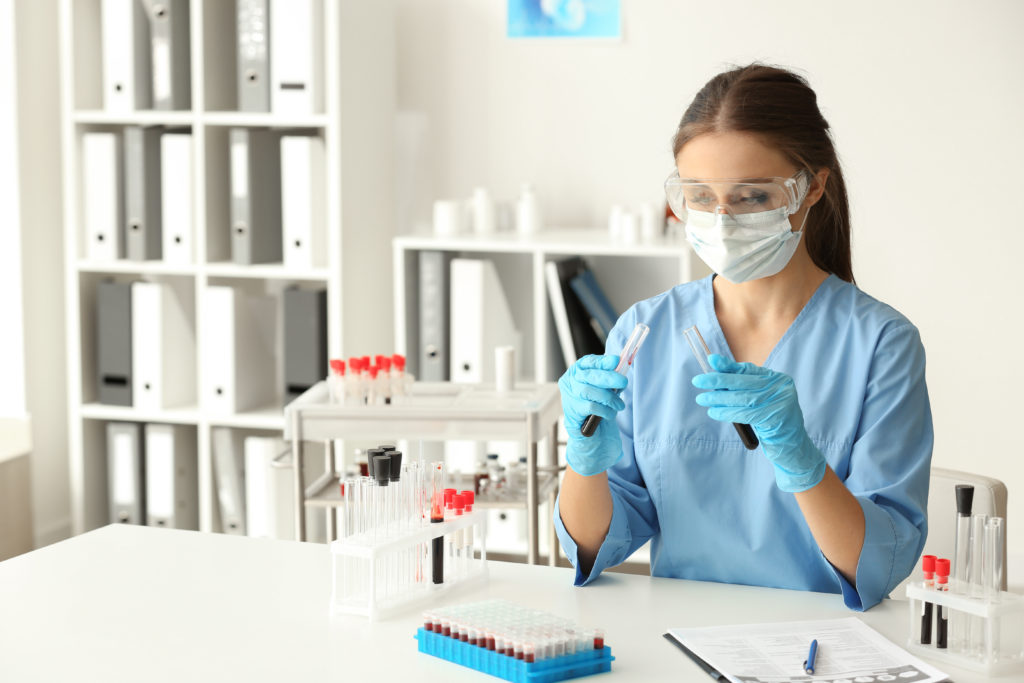We are proud to offer Monoclonal Antibody Therapy for those with COVID-19.
To schedule an appointment,
please have your provider call 707-252-9666.
Our unwavering mission is to inspire hope and to contribute to the health and well-being of our patients and communities through integrated clinical practice, research, and education.
Please Note: A physician’s referral must be provided. This includes a medication list and physical and health history.

What is Monoclonal therapy?
Monoclonal antibody (mAb) therapy, also called monoclonal antibody treatment, is a way of treating COVID-19. The goal of this therapy is to help prevent hospitalizations, reduce viral loads and lessen symptom severity.
This type of therapy relies on monoclonal antibodies. These are antibodies that are similar to the ones your body would naturally make in response to infection. However, monoclonal antibodies are mass-produced in a laboratory and are designed to recognize a specific component of this virus — the spike protein on its outer shell.
By targeting the spike protein, these specific antibodies interfere with the virus’ ability to attach and gain entry into human cells. They give the immune system a leg up until it can mount its own response.
Who can get the therapy?
Monoclonal antibody treatment is available to individuals who:
- Are high risk** for developing severe COVID-19 and
- Have a positive COVID-19 test and have not yet been admitted to the hospital and
- Are 12 years of age or older (and at least 88 pounds)
Please Note: A physician’s referral must be provided for the therapy. This includes a medication list and physical and health history.
How is Monoclonal Therapy administered?
Monoclonal antibody therapy is given orally. These infusions are given in our clinic in Napa.
One possible side effect of monoclonal antibody therapy is an allergic reaction. These reactions typically only occur during infusion or soon after, and your care team will closely monitor for any signs of an allergic reaction. However, because an infusion reaction can also be delayed, contact your doctor immediately if you notice any of the following signs of an allergic reaction:
- Fever and/or chills
- Nausea
- Headache
- Shortness of breath
- Low blood pressure
- Wheezing
- Swelling of lips, face or throat
- Muscle aches
- Hives or itchiness
